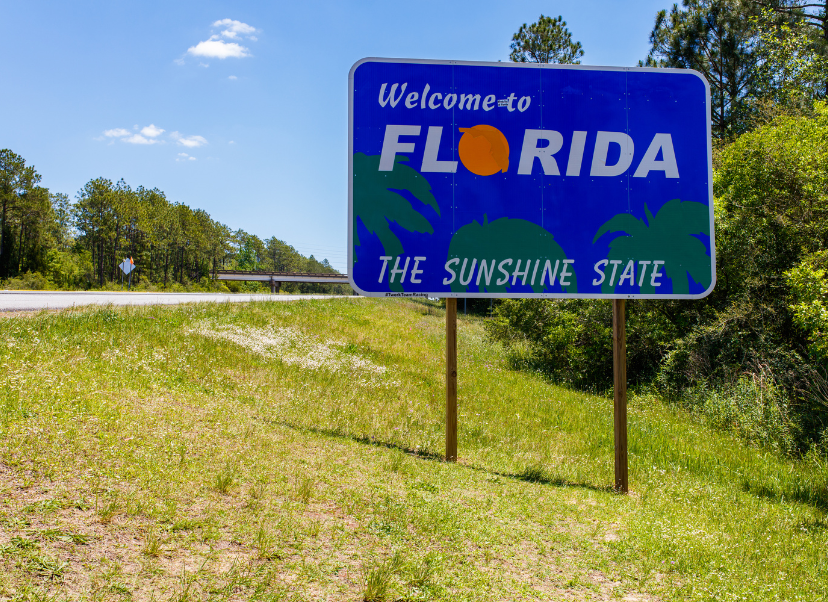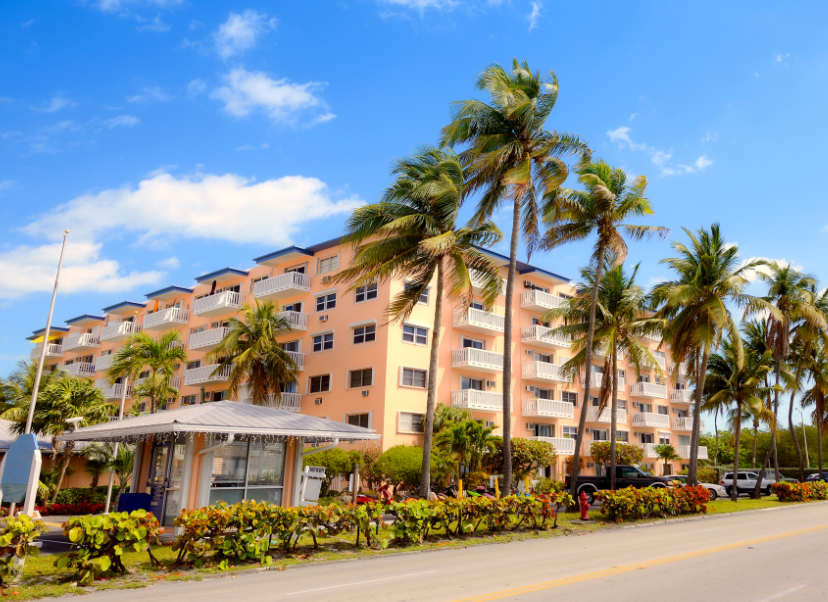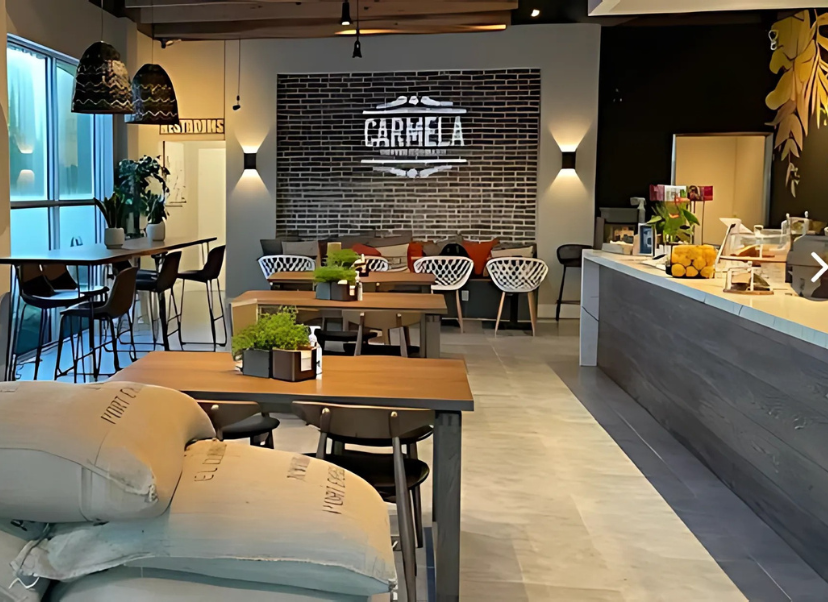If you’ve recently bought a home in Florida—or you're about to—there’s one thing you definitely want to take advantage of: the Florida Homestead Exemption. It’s not just a fancy term. It can lower your property taxes and give you some solid legal protections, too.
It’s easier than most people think.
Whether you're a first-time buyer or you've moved here from out of state, this guide will walk you through everything you need to know to homestead your home in Florida.

What is Required to Homestead in Florida?
First off, to even qualify for the Florida Homestead Exemption, you’ve got to check a few boxes:
You must own the property. That means the deed has to be in your name.
It has to be your primary residence. No second homes, no Airbnbs, no investment properties—just your one main home.
You must be a Florida resident as of January 1st of the year you're applying.
You also need to apply by March 1st of that same year.
When you apply, you'll need to prove a few things. Typically, that includes:
A valid Florida driver’s license or ID
Vehicle registration showing your Florida address
Voter registration (if you're registered to vote)
And sometimes, proof you’ve made Florida your permanent home (like a declaration of domicile or utility bills)
If this sounds like a lot, don’t worry. It’s not that complicated—and you usually only have to do it once.
How Much Does It Cost to Homestead Your House in Florida?
Here’s the good news: it doesn’t cost you anything to apply. Zero dollars. Just your time.
Property Tax Exemptions & Extra Perks for Florida Homeowners
Homesteading isn’t just about the $50,000 exemption—it opens the door to a bunch of other property tax breaks that can put even more money back in your pocket.
Florida offers several exemptions and benefits for homeowners beyond the standard homestead exemption. If you’re a veteran, active-duty military, senior citizen, disabled individual, or a first responder, you might qualify for additional reductions in your property taxes. And if your property has a special use—like being used for agriculture or conservation—there could be more savings there too.
These aren’t automatic, though.
You’ve got to file the right paperwork with your county’s property appraiser. That’s the office that handles all things tax-related for your property and decides what you qualify for.
Save Our Homes & Portability: What You Should Know
One of the biggest perks that comes with the homestead exemption is something called the Save Our Homes cap. It limits how much your home’s assessed value can go up each year—capped at 3%, even if the market goes crazy. That means even when home values spike, your taxes don’t follow the same steep curve. Huge win.
Now, let’s say you sell your homesteaded home and buy another one in Florida. You can actually transfer your Save Our Homes benefit to your new place. That’s called portability, and it can lower your taxable value on the new home by thousands—sometimes tens of thousands—of dollars. Again, you’ve got to file, but it’s well worth it.
Where to Apply
Everything gets submitted to your county property appraiser’s office. They’re the ones who review your paperwork and make the final call on what exemptions and benefits you get.
If you're not sure what you qualify for or how to apply, don’t wing it—reach out. I’ve helped plenty of clients through this process, and I’m happy to help you too.
How Long Does It Take for Homestead Exemption to Take Effect in Florida?
Once you apply, you’ll get the exemption starting the following tax year—as long as you apply by March 1st.
So if you move into your house in February and get everything submitted before March 1st, you’re good for that year. But if you miss that date, you’ll have to wait until the next year’s tax cycle.
Bottom line: don’t wait. If I’ve just helped you close on a home, or you moved in late in the year, get it done early in January. The earlier you file, the better.
Can I Apply for Florida Homestead Exemption Online?
Absolutely. Most Florida counties make it super easy. You can go right on your county property appraiser’s website, click on “File Homestead Exemption,” and do the whole thing in under 10 minutes—if you’ve got your documents ready.
Here are some helpful links to get you started:
Each county has a slightly different process, but they all offer online filing now.
Key Takeaways
If you’re buying a home in Florida, homesteading is a no-brainer. It protects your equity, saves you money every year, and gives you peace of mind knowing your home is secure under Florida law. I always tell my buyers: this is one of the best perks of being a homeowner here—don’t miss it.
If you’re not sure if you qualify or just want someone to walk you through it, reach out. I’m happy to help my clients take the right next steps and make sure they don’t leave money on the table.
Ready to buy a home and take advantage of Florida’s Homestead Exemption?
Let’s talk. I’ve got the local knowledge and the hustle to help you find a house—and homestead it the smart way.
I spend enough time in the area to tell you this: it’s got a magnetic pull. As a realtor based in South East Florida, Delray Beach is one of those places that comes up in conversations a lot. Whether you’re moving down from the Northeast or trading city life for more sunshine, Delray Beach always ends up on the shortlist—and for good reason.
If you're like me and thinking ahead about your next chapter, Boynton Beach is one of the top places in South Florida to land. It’s home to some of the most desirable 55+ communities out there—whether you're after a quiet, low-maintenance lifestyle or something more upscale and active.
If you’re searching for a home in the Boynton Beach area—or nearby towns like Delray Beach, Lake Worth, or Boca Raton—you’ve probably asked yourself: should I buy a fixer-upper or a newer home? With decades of experience in both construction and real estate, I’ve seen the benefits and challenges of each option.
When people think of moving to South Florida, they usually picture palm trees, the ocean, and sunshine year-round. Sure, we’ve got all that—but Delray Beach brings a little extra to the table. I’ll tell you right now: there's something magnetic about this town that keeps drawing people in. Whether you're relocating, retiring, or looking for a solid investment, Delray has that sweet spot of charm, culture, and laid-back beach life that just clicks with folks.




